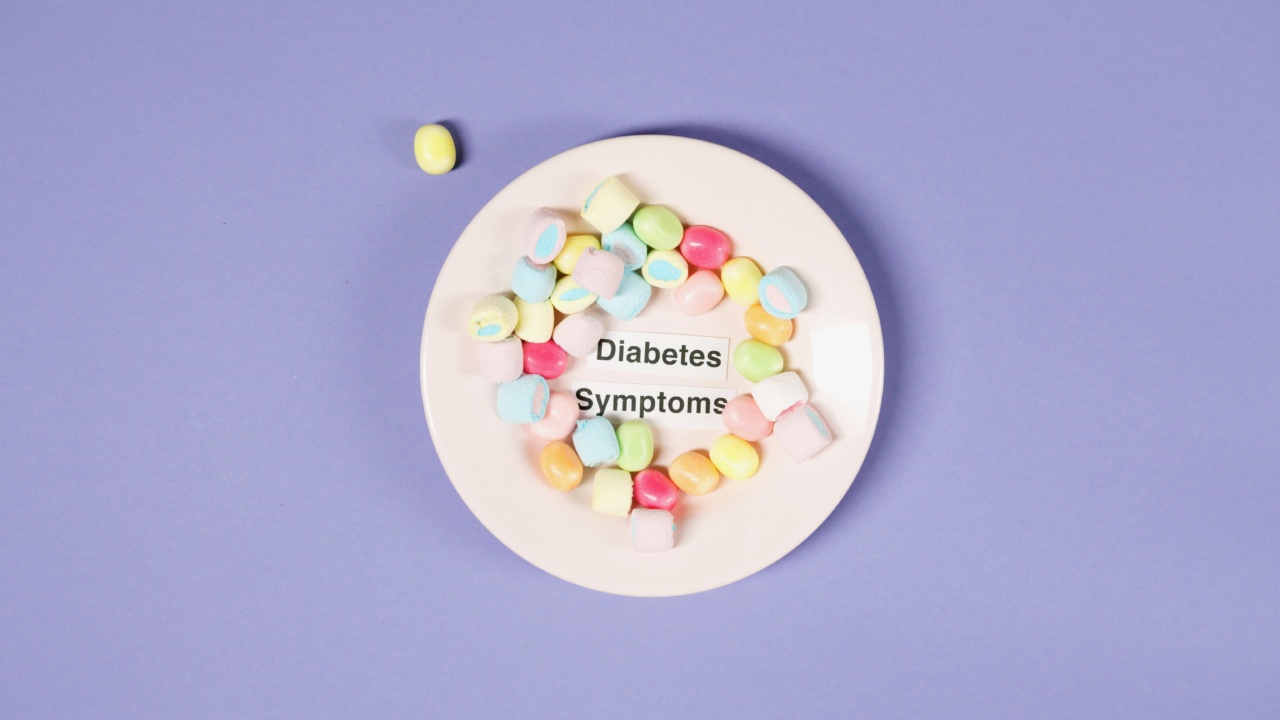Colitis is a chronic inflammatory bowel disease that affects the large intestine. People suffering from colitis have inflamed and irritated colon walls that cause symptoms such as cramps, diarrhea, and abdominal discomfort.
While a proper diet can sometimes help alleviate colitis symptoms, some dietary choices can actually aggravate the condition. In this article, we will explore how diet can worsen colitis symptoms and highlight some foods to avoid for individuals with colitis.
The Role of Diet in Colitis Symptom Management
While diet alone may not cure colitis, it plays a crucial role in managing and alleviating symptoms. A healthy, balanced diet can help prevent malnutrition and aid in the healing of damaged colon walls.
The goal for people suffering from colitis is to reduce inflammation in the gut and prevent flare-ups. Certain foods can help achieve this goal, while others can worsen symptoms.
Unfortunately, there is no one-size-fits-all diet for colitis because everyone’s triggers and tolerances vary.
Some people with colitis may not experience any adverse symptoms in response to certain foods, while others find that the same foods trigger a flare-up. Therefore, it is essential to keep track of your diet and track your body’s reaction to certain foods to determine which foods to avoid.
Foods to Avoid for Colitis Patients
There are several foods that can exacerbate colitis symptoms that colitis patients should avoid:.
- Dairy Products: Colitis patients are often lactose intolerant, which means they have difficulty digesting dairy products, leading to uncomfortable symptoms such as bloating, gas, and diarrhea. Dairy products such as milk, cheese, and ice cream can worsen diarrhea and cause intestinal discomfort, leading to inflammation.
- Raw Fruits and Vegetables: While fruits and vegetables are essential for a healthy diet, raw fruits and vegetables are difficult for the body to digest and can worsen colitis symptoms. Raw vegetables are high in fiber, which could cause bloating and gas in those with colitis. Citrus fruits, apples, and melons may also irritate the colon walls.
- Spicy Foods: Spices and seasonings such as pepper, hot sauce, and curry powders can irritate the digestive system and cause inflammation and discomfort in colitis patients.
- Fatty Foods: Foods high in fat are difficult to digest and can worsen colitis symptoms. Fried foods, butter, and vast amounts of red meat are high in saturated fat and can lead to inflammation.
- Caffeine and Alcohol: Caffeine and alcohol can exacerbate colitis symptoms, as they can overstimulate the digestive system and cause inflammation. They may also lead to dehydration, which is a common issue among those with colitis who frequently experience diarrhea.
Conclusion
Managing colitis symptoms can be challenging, but a proper diet can make a significant difference. While some foods can help alleviate colitis symptoms, others can worsen them.
Colitis patients must keep track of their diet and monitor their body’s response to certain foods to determine which foods to avoid. By avoiding dairy products, raw fruits and vegetables, spicy foods, fatty foods, caffeine, and alcohol, colitis patients can reduce symptoms and maintain a healthy and balanced diet.






























